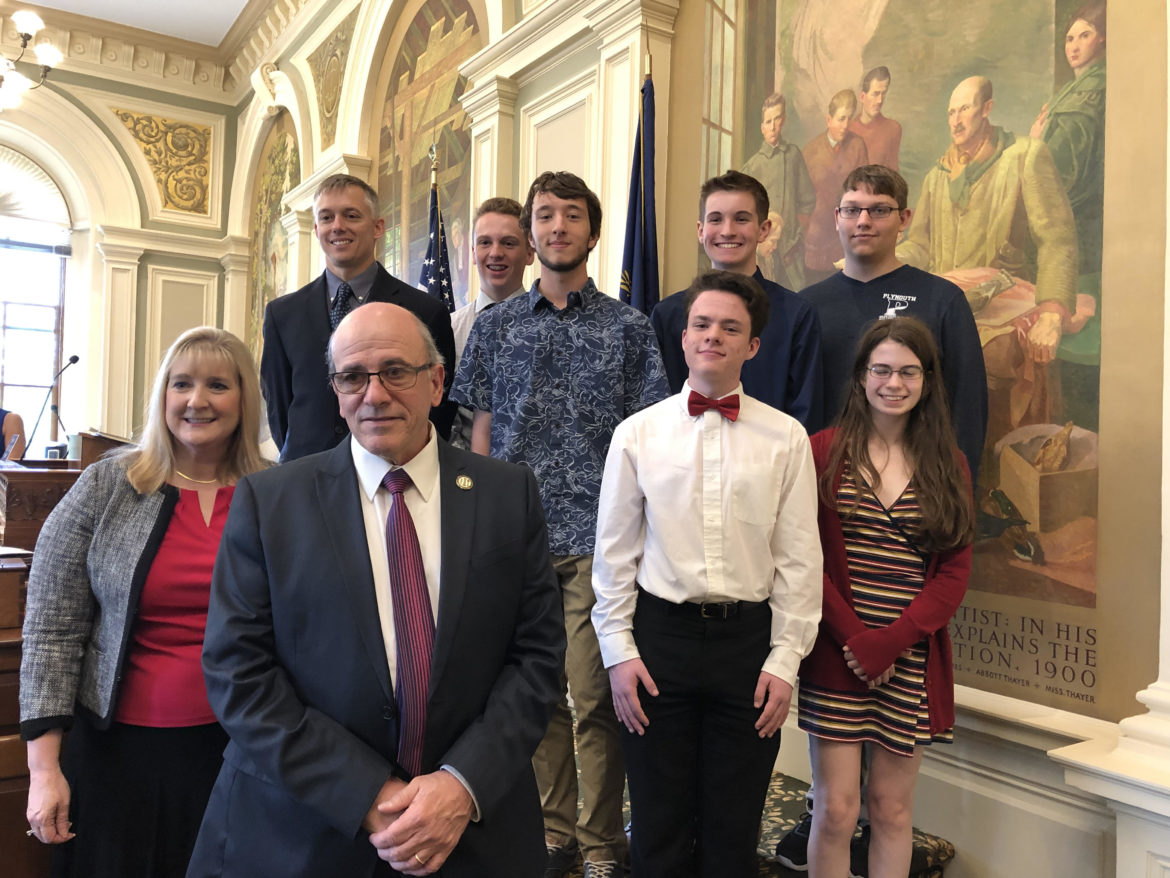By PAULA TRACY, InDepthNH.org
CONCORD – There will be no immediate infusion of $3.5 million for those who are seeking treatment and counseling for substance misuse disorder.
A measure which would immediately increase Medicaid rates for mental health providers and give almost half a million for emergency shelter and substance abuse help in Manchester failed after the Senate was unable to muster the votes to override the governor’s veto of Senate Bill 5 Thursday.
The vote, along party lines, was 14-10.
Republican Gov. Chris Sununu vetoed the bill last Friday arguing that $3 million to increase rates for providers of mental health and substance misuse disorder services for patients in the expanded Medicaid program and almost $500,000 for Manchester’s emergency shelter for those facing addiction should be included in the biennial budget process that is now underway.
The process should be completed within the next month.
The veto followed the directive of the governor to deal with all major matters in the next biennial budget rather than individually, thereby creating a process of prioritization.
“Rather than passing a collection of independent spending bills at random, we collect everything into the budget because it allows us to appropriately set priorities,” Sununu said.
While he noted the request in the bill is “worthy of consideration” it should be in the budget discussions, which get going in earnest next week when versions of the Senate, House and Governor’s bills get worked into one document.
Senate Republicans, who voted unanimously to support SB 5 before the governor’s veto, did an about-turn on the bill and threw their weight to the governor.
Democratic Senators Cindy Rosenwald of Nashua and Lou D’Allesandro of Manchester urged the override to allow for immediate financial help for those suffering from substance abuse.
Rosenwald called it “politics” over the “people.”
“Today Republicans chose to protect their governor instead of the people of New Hampshire. While Senate Bill 5 originally passed the Senate unanimously, I am disappointed that today my Senate Republican colleagues put politics before people with their failure to override the governor’s veto,” she said.
She said it was the first recommendation in the 10-Year Mental Health Plan and a key building block of the Medicaid Expansion agreement.
Sununu argued that the bill was too late, noting that the term was to end on July 1, but Rosenwald said the governor did not understand that the unspent money would continue to be available.
“This veto and today’s action to sustain it was predicated on a misunderstanding of my bill, which clearly stated that these sorely needed funds are non-lapsing. Contrary to the governor’s incorrect statements, these funds could have been dispensed immediately to support providers and continued to do so for many months. Furthermore, because of the Senate Bill 5 veto, emergency shelter and stabilization services for people experiencing substance use disorders in Manchester are now in jeopardy.”
Sen. Jeb Bradley, R-Wolfeboro said he understood the sentiments of the Democrats but also that of the governor who vetoed the bill, indicating these issues would best be ironed out in the upcoming budget talks.
Sen. Tom Sherman, D-Rye said the matter was not a question of finishing a budget or giving a defeat to the governor, “but what is our commitment to people who are suffering?”
Sherman, a doctor, argued that Senate Bill 5 would bring immediate relief.
“This is not a vote against the governor it is a vote for the people of New Hampshire,” he said.
The Senate also took up a number of “concurrence votes” to allow them to head to the governor’s desk for him to sign into law.
This is the second to last stop before a bill becomes law, the last being the governor’s desk.
The process of making laws allows for amendments to be made in the House and Senate but they must come to an agreement on all changes for the bills to face the Executive branch and its possible veto.





